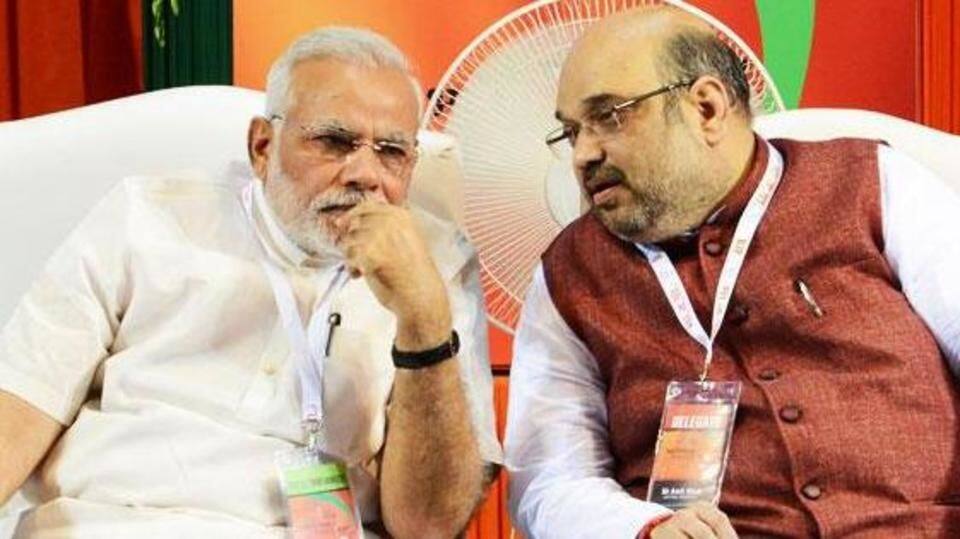
#IndiaDecidesOn18th: What's behind BJP's diminished vote-share?
What's the story
The BJP is all set to win Gujarat with a lead in about 99 seats (2pm). However, it has lost much of its 2012 margin, when it won 115 seats in the 182-member assembly. It also trailed far behind its targeted 150. Meanwhile, the Congress under Rahul Gandhi is leading in 81, more than 2012's 60. What led to the diminishing gap between BJP-Congress?
Rural/Urban
BJP trailed in its strongholds while Congress held strong
Though the BJP, traditionally viewed as an urban party, was leading mostly in urban areas, it was trailing in many seats it had won in 2012. Meanwhile, Congress, the traditional pick of rural voters, managed to retain its hold on its seats. This tapered the gap between the two parties. It is noteworthy that Gujarat has 39 urban, 43 semi-urban and 100 rural seats.
Patels
Effect of the Patidar agitation was out in the open
The Patidar agitation ate into the BJP's vote-share this time. In the Saurashtra-Kutch region, a Patidar stronghold, incumbent CM Vijay Rupani won, but with some difficulty; initially, he was trailing against Congress's Indranil Rajguru. Whereas in 2012, the BJP won 35 seats in the region and Congress just 16, this time Congress was leading in 29 seats and BJP in 24 (as of 1pm).
Agrarian crisis
Dissatisfaction among farmers dented BJP's support base
Add to that the fact that the farmers of Saurashtra, a largely agrarian belt, along with those in the rest of India aren't exactly happy with the government. Last month, farmer organizations across India launched a two-month campaign for minimum support prices. The widespread anger seemingly affected BJP's vote-share in the region and could potentially affect its 2019 bid for the PMO too.
GST/Demonetization
Congress tapped into anger over GST and demonetization
There were the Center's revolutionary economic reforms of demonetization and GST. Despite the potential long-term benefits, there was widespread anger among the trading community, especially in Surat, one of India's biggest markets. In 2012, BJP had won 28 of the 35 seats in this region. Though it seems to have retained most of its seats, early trends showed it struggling.
Information
Modi's Gujarat successors couldn't satisfy influential sections
No senior BJP leader in Gujarat elicits charisma and efficiency like their predecessor Narendra Modi, who won consecutive terms from 2001 to 2012 before becoming the PM. This cost the party their support, especially when the Patels and the business community are anyway agitated.